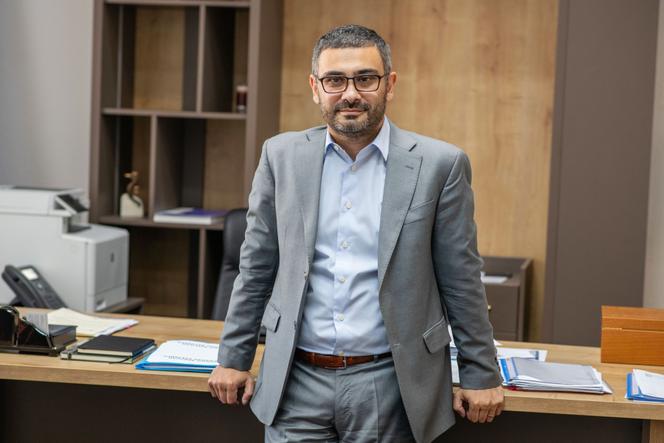


With the victory of independent center-right candidate Nicusor Dan over far-right leader George Simion in the presidential election on May 18, a sense of renewal seemed to sweep through Romanian politics. But in the coalition led by the liberal Ilie Bolojan, which was sworn in on June 23, continuity has prevailed. Seven of the 16 ministers had already served in the previous government, and only two women received ministerial portfolios.
One appointment stood out nonetheless, that of 41-year-old Petre-Florin Manole, the first Romani person to serve as a minister in the country's history, in charge of labor, family, youth and social solidarity. "The first openly Romani person to obtain a ministerial position – and not just any ministry," said Romani sociologist Ciprian Necula with satisfaction. The word "openly" is significant in Romanian, as many public figures avoid disclosing their Romani origins for fear of stigma. The 2021 census, which allowed people to declare their affiliation with one of the country's 19 national minorities, counted 569,477 Romani people out of a population of 19.1 million. In reality, nongovernmental organizations (NGOs) and Romanian authorities estimate the true number is two to three times higher.
You have 79.31% of this article left to read. The rest is for subscribers only.
